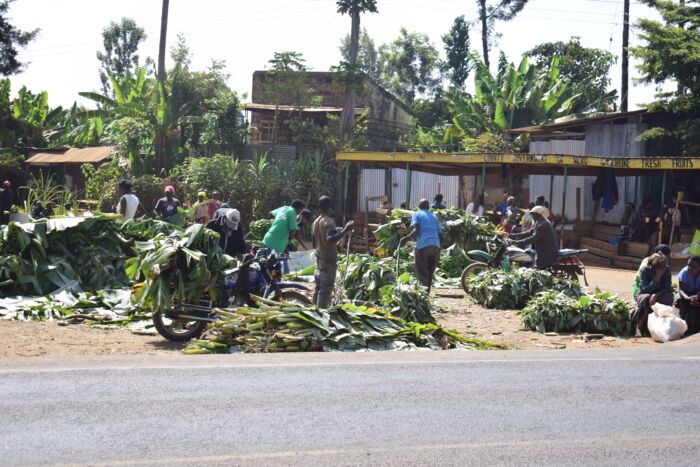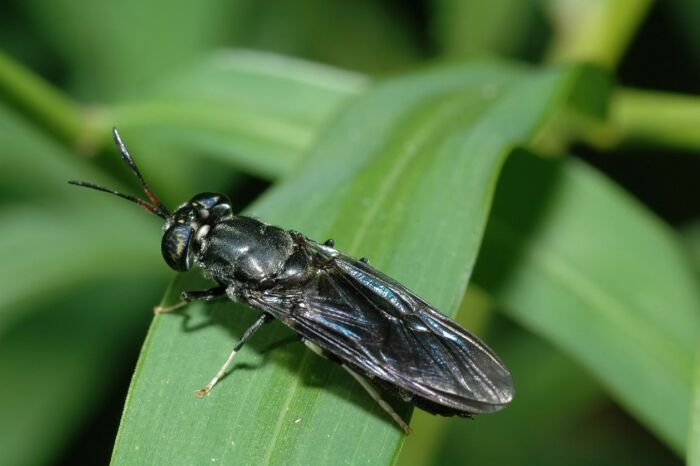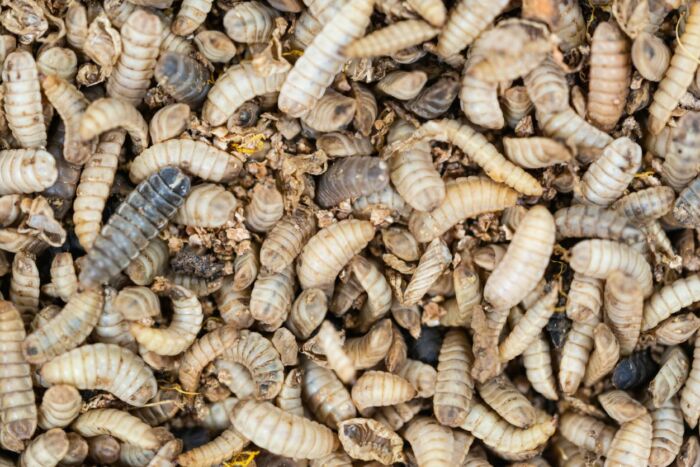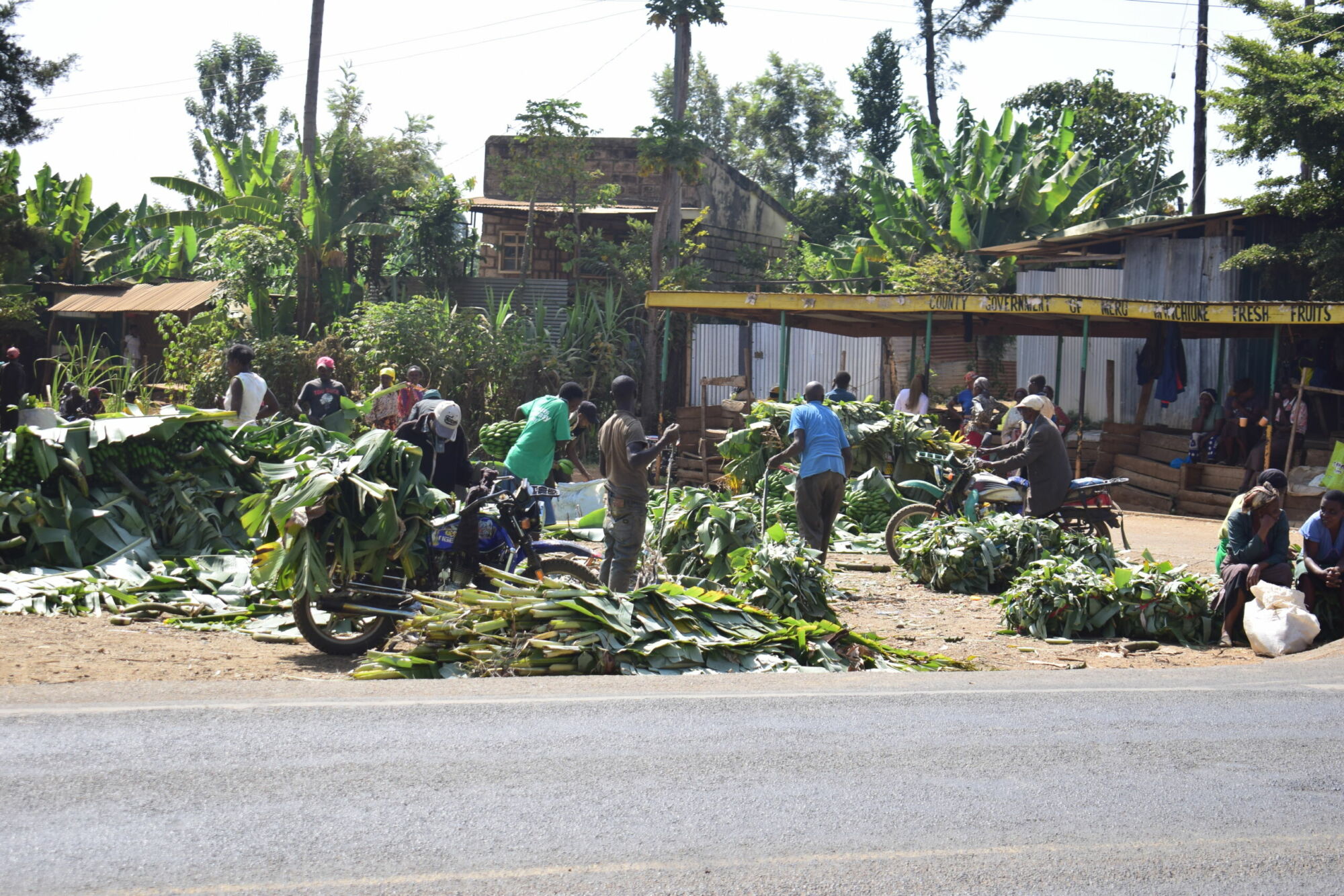Solid waste management remains one of the development challenges globally, nationally, and at the county level. As a result, the negative environmental and health consequences are severe. The town of Meru in Kenya is no exception. There are now about 15 markets selling agricultural products such as tomatoes, potatoes, cabbage, onions, bananas, oranges, maize, mangoes, and much more.

The waste from these markets is usually dumped in specific sites where it is left to rot. This creates environmental and health problems for people and animals living nearby. The unpleasant smell attracts flies and pests, resulting in diseases such as diarrhea, typhoid fever, and food poisoning.
According to the Kenyan National Climate Change Action Plan, the volume of solid waste generated across Kenyan urban centers increased at a rate faster than the country’s urbanization rate.
The markets produce approximately 80 tonnes of waste a year, of which about 80% is organic waste. Due to undersized and irregular collection, large piles of waste accumulate around the marketplaces.
To address this waste menace, We Effect has received financial support of SEK 7,815,000 million (about Kshs 98 million) from the Postal Code Lottery for the Waste for Cash project in Kenya. Among other stakeholders, the new project will be carried out in partnership with Meru Central Coffee Co-operative Union (MCCCU) and Meru University of Science and Technology.
Meru University of Science and Technology (MUST) will establish an inbuilt self-sustaining waste management system using the Black Soldier Fly (BSF). The BSF system will convert waste into commercially viable products through ecologically and environmentally friendly interventions supported by innovative research and technology.

The focus is on solving waste problems using the black soldier fly (BSF) while giving young people and women the opportunity to improve their livelihoods sustainably. The larvae of the black soldier fly eat something we humans produce in abundance – food waste. Once the larvae have eaten their fill, with a little help from humans, it turns the waste into manure and animal feed.
The project adopts a relatively new Black Soldier Fly technology within specific centers. The small larvae will break down and transform the garbage into income and improve the living conditions of those around the dumping sites.

Once the larvae have grown large, they can be harvested, dried, and sold as nutritious feed for pigs, chickens, and other animals – an environmentally friendly alternative to conventional feed. The residual product after the waste has broken down becomes soil with high nutritional value (organic fertilizer) that can be sold to local farmers.
This means that proper utilization of these larvae will help reduce food waste, create a cleaner environment, and provide access to a valuable source of income.
The Waste for Cash project is a dream come true . It leads to a healthier environment and new livelihoods for women and youth in Meru, Kenya, and also offers a possible solution to waste management,” says George Onyango, Regional Director, We Effect East Africa.
This project intends to create a sustainable system where waste is used as a resource while creating better living conditions for women and young people in the markets.
Big thanks to the Swedish Postcode Lotteriet! #SvenskaPostkodlotteriet
